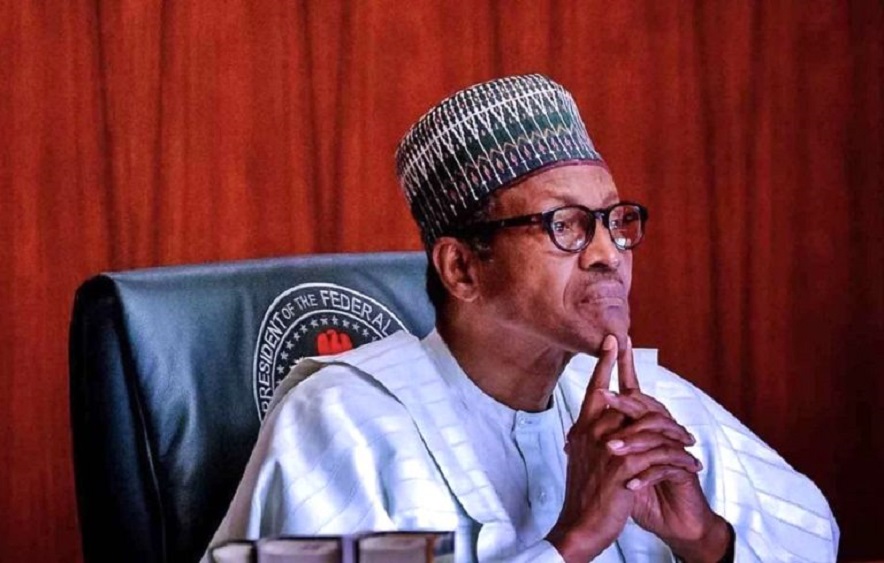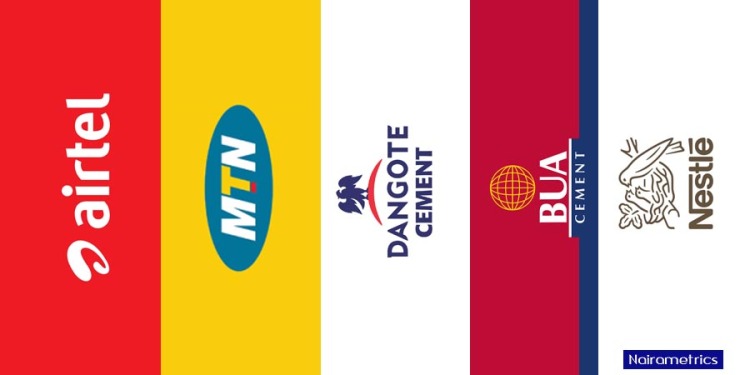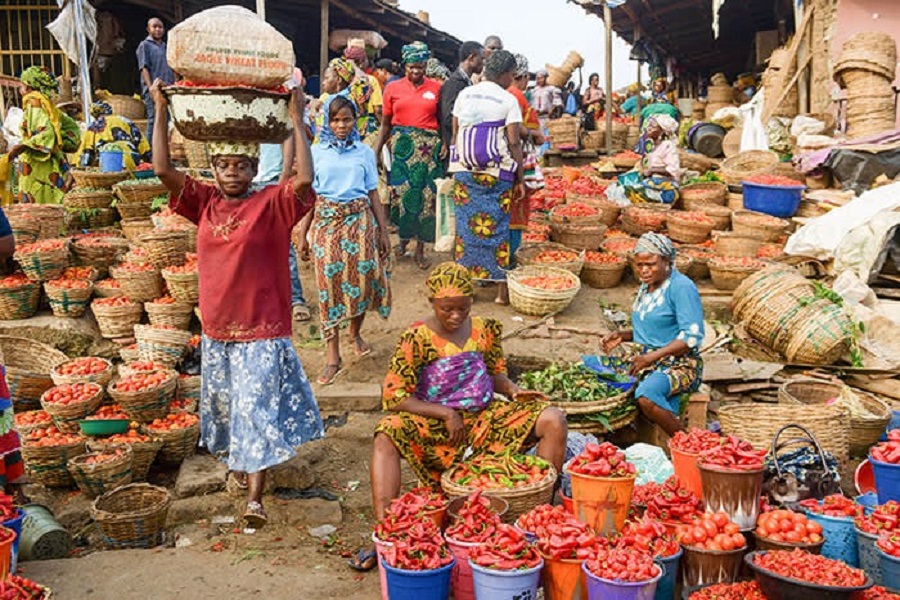Milton Friedman once said – “if you put the Federal Government in charge of the Sahara Desert, in 5 years, there will be a shortage of sand”.
Nigeria’s mixed economy is the largest in Africa, the 29th-largest in the world by nominal GDP, and 26th-largest by PPP. It is a lower-middle-income economy with an abundant supply of natural resources. But that’s where the abundance stops. There’s never an abundance in the derivatives of these natural resources. Abundance of oil reserves (10th largest in the world) but shortage of petroleum products. Abundance of gas reserves (top 10 in the world) but shortage of gas to power her power plants.
The past few decades have been marred by one impending shortage crisis or the other. Successive Government has intentionally tried to solve these issues with policies that end up being inadequate. Just as Milton Friedman also puts it – “One of the great mistakes is to judge policies and programs by their intentions rather than their results”.
The most pressing shortage Nigeria has is in food. Nigeria has been battling food inflation as a result of the shortages being entrenched in recent years. Nigeria has always imported the majority of its food. In a bid to address that, the government directed the Central Bank of Nigeria to block food importers’ requests for foreign currency in a bid to boost local agriculture in Africa’s most populous country and closed the local borders so certain food items would not come in from neighbouring countries.
The rationale behind this was to support local industries and protect them from foreign import competition. What ensued was food inflation as a result of scarcity because food importers sourced for FX from secondary sources which are at a premium to bank-issued FX. The government also provided loans through an Anchor Borrowers Programme to support local farmers and claim the programme has brought in dividends with respect to the abundance of rice (the most consumed food item in the country).
However, the symbolism of rice abundance should reflect in prices and not in pyramids. So the jury is still out for food given that the borders were re-opened last year as scarcity hurt the West African Giant. The country has not scaled in agriculture as it wishes to. An imminent wheat crisis is looming as a result of the war between two of the largest wheat exporters in Ukraine and Russia – a lack of investment in the wheat industry would see wheat prices (the 3rd most consumed food in Nigeria) spike hurting Nigerians further. Another shortage looms.
Moving on to FX shortages – The Central Bank of Nigeria has inadvertently taken on the fiscal and monetary responsibilities of the government. Different measures have been created to tackle FX scarcity in the country. Oil crashes and a global-wrecking pandemic have devalued the Naira to the Dollar as a result of lower inflows to the country. The CBN responded to the currency crisis by strengthening the pegged regime, banning the supply of forex to the bureau de change operators, and limiting the supply of dollars to only those who have “genuine” needs. The consequence of this widened the exchange rates between the bank and the black market. Critics have said the Central Bank to float the currency and let the forces of demand and supply determine the intrinsic value of the dollar as potential foreign investors are discouraged by the exchange rate inconsistencies in regards to repatriation of their investments. Policies such as the Naira 4 Dollar Scheme” — an incentive for senders and recipients of international money transfers, N65 rebate per dollar scheme, the 100 for 100 Policy for Production and Productivity are various ways the CBN has attempted to fix the FX crisis. But are these schemes enough to abate the shortages or are they just bandages on a gunshot wound?
Power shortage has been a feature of Nigeria’s existence. The national grid has collapsed frequently over the past few decades and according to an Energy Business report, approximately N6.52 trillion has been spent on Nigeria’s power sector in 16 years with no significant improvement. There are questions if Nigeria can ever have achieve stable power supply. In recent years, there have been partnerships with Germany and Norway to help Nigeria achieve strong power generation through Hydro, Solar power generation. However, the sector has been hamstrung by investments, mismanagement despite the change from being a public enterprise to private business. A new bill has been passed by the legislative giving states the right to supply their own electricity, breaking the monopoly of the country’s federal government. Would that improve the shortage?
Fuel shortage could be looked at from two perspectives. The recent fuel scarcity in addition to the failure of the country to produce her own petroleum products. The former is a product of the latter. Nigeria, the largest oil producer in Africa, should be able to provide its own fuel and petroleum products. The government has involved and supported private players like Dangote and potentially BUA with their incoming refineries. In the foreseeable future, we should see the end of fuel shortages with the timely intervention of the Dangote Refinery. In the meantime, more shortage for Nigerians.
Recommendations
Industrialization and infrastructure
A former Nigerian Head of State once bemoaned the paradox of Nigeria’s complexities – fixing a problem would ultimately create another one. Nigeria needs long-term approaches and not shortcuts.
The country needs an extensive industrial plan to scale the production of all demanded products for its citizens. A lot of money needs to be channeled into infrastructure. Nigeria made no revenue from oil in January despite oil prices averaging $80 a barrel. Money doled out for petroleum subsidies for January stood at N210 billion. Given last year’s annual subsidy bill at N1.4 trillion. That’s a continual colossal wastage of funds that could have built many industries to address our supply issues.
Industrial policies, especially when combined with competition, can play an important role in expanding productivity. In Nigeria, there should be soft industrial policies that aim at raising investments in infrastructure, improving the coordination between the public and private sectors, and increasing human capital are appropriate. Nigeria should also choose from a wider range of policy measures, including vertical policies such as public-private joint research and development (R&D), promoting backward and forward linkages, and domestic content requirements. While foreign direct investment (FDI) can be an important vehicle for industrial and technological upgrading in Nigeria, it requires parallel development of local capabilities in order to harness production linkages and promote local value creation. Nigeria also needs to ensure that its macroeconomic and financial policies are supportive of expanding capacities and ensure a fair distribution of benefits within its societies.
Population issues
Supply issues sometimes are the product of over-stretching demand. Being the most populous black country in the continent puts a strain on supply and resources. More children are born in a day in Nigeria than in a day in the whole of Europe. By 2050, it is forecast that the population in Nigeria will double compared to 2019, reaching over 400 million people. Resources are moving arithmetically, while the population keeps growing exponentially. The government needs to checkmate this.
Pilot projects with the education system
One resource Nigeria has consistently overlooked is her education system which not only pertains to the ongoing ASUU strike but the synergy between universities and government policies. In different countries in the world, governments count on research from top tertiary institutions where pilot projects are run. During the pandemic, we saw the importance of John Hopkins and Oxford University in understanding the virus and developing vaccines. Education and research are prime pillars of any developed country.
Exceptional students offered a place on the PhD programme at London Business School receive full funding, which includes a tax-free stipend of £23,500 guaranteed for five years and a tuition fee waiver – this is because the school believes their research would shape up the global business community.
Experiments should be done in the classroom and not in the community. Final year students should take on challenging Nigerian issues and the government should study them before implementing policies.
























Nigerian should shut up their mouth. You said Buhari who was over thrown from military is better than University graduate now you started crying why. A primary six certificate holder leading you. We are seeing Nigerian people as an idiotic animal. One person will take away the whole country money and go free. Enriching his or her self and go free such type of country like animals.
May God bless you Sir for your unbiased analysis. Instead of some sponsored editors
Great article!! More of this please! But let’s be honest if we don’t rid of corruption, tribalism, and nepotism we won’t go forward. The country is backwards in every sense, our political system for me is the first thing we need to change. You can’t have men with no intentions of changing the status quo to change the status quo lol. There isn’t any political will power for any of this, none whatsoever! Our political system is first place to change for nigeria to truly become the great nation it will be. I don’t believe dangote or Bua will solve of fuel shortages! The same way obasanjo told us dangote and Bua will solve our cement problems, 2022 what’s the price of cement again?? Thank you
See Social Psychology and Social Change in Nigeria (2021) by Denis Chima E. Ugwuegbu.